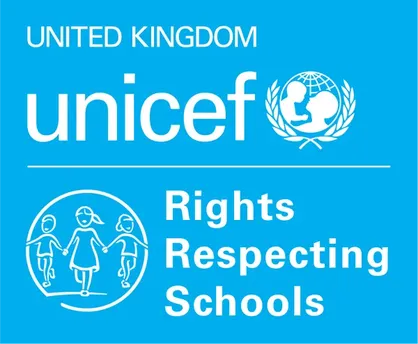Article 12 is typically the first which comes to mind when we think about participation.
However participation is actually one of the four general principles of the Convention on the Rights of the Child (CRC), meaning it is a theme which helps us to interpret and implement the whole Convention.
The four general principles are:
- Article 2: Non-discrimination
- Article 3: Best interests of the child
- Article 6: Life, survival and development
- Article 12: Respect for children’s views
There can be a tendency to describe Article 12 as the right to an opinion or right to be heard, but to do so risks missing an important instruction, that the views expressed must be given due weight. This is often compounded by our desire to think of pupil voice as the structures we create or the systems we put in place, losing the focus on the need to listen.
The Lundy Model
There are lots of models to describe how one can go about respectfully engaging different communities. Since UNICEF UK is a children’s rights organisation we use a model that is routed in rights, and used by many other organisations around the world.
The Lundy Model, developed by Professor Laura Lundy at Queens University Belfast in 2007 helps us understand the conditions that need to be present, if we are to deliver on Article 12 of the CRC with transparency and integrity.
The model clearly sets out four criteria that must be fulfilled to help inform understanding of participation and support improvements in practice. The concepts within the Lundy Model are interrelated and do more than identify strength and weaknesses in practice, they can help improve it. Each of the four elements must be considered, in order. If any one of the elements is missed out, it undermines the process itself and will impact the final outcome.
This handout will pose questions to help guide your work in this area and increase genuine engagement. We would also recommend our Strengthening Pupil Participation training which is included in membership for Rights Respecting Schools.



